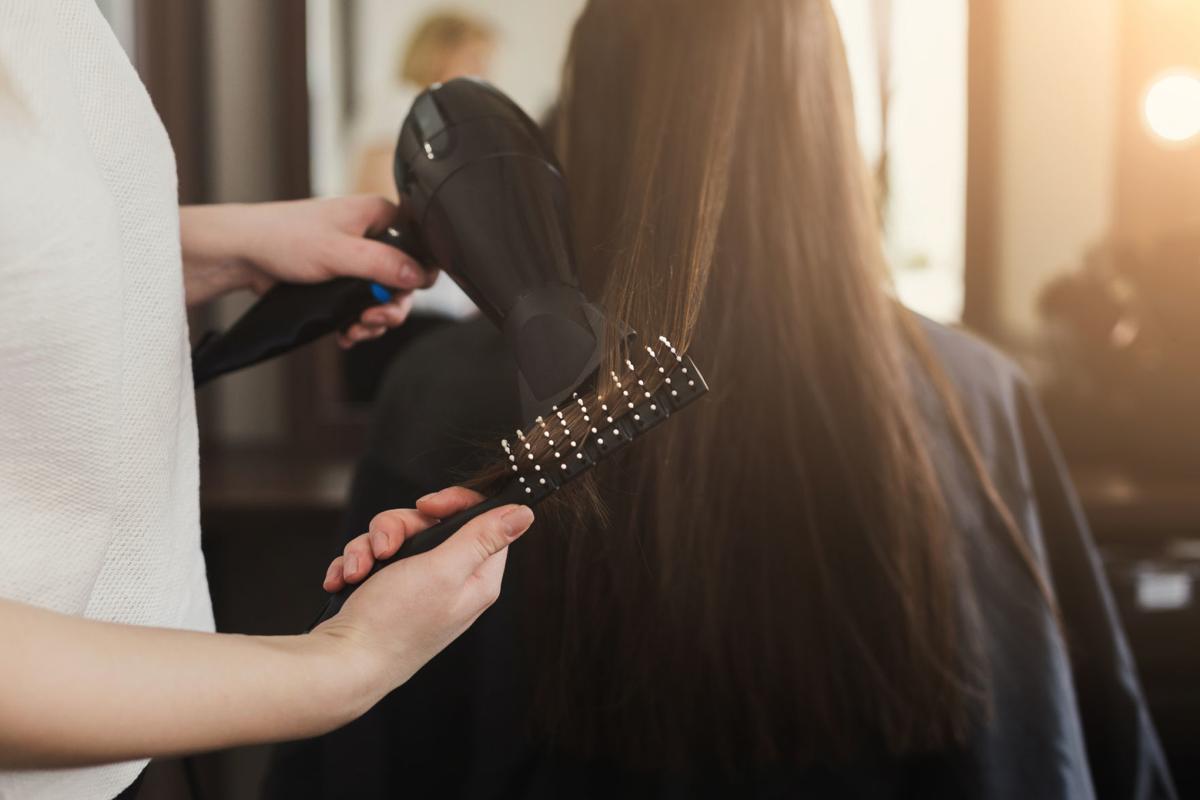Need a quick styling? Or has your ’do gone flat?
State lawmakers are moving to allow you to pay someone who doesn’t have a license to take care of your problem.
Existing law requires those who want to work in beauty salons to be licensed and regulated by the state, a process that requires at least 1,000 hours of training at a state-licensed school and can cost up to $20,000 at a private school.
SB 1401, approved Thursday by the Senate Commerce Committee on a 4-3 vote, would carve out an exception for those who “dry, style, curl, hot iron, or shampoo and condition hair” as long as they’re not using “reactive chemicals” to permanently straighten, curl or “alter the structure of the hair.” Instead, those who want to open a business to do just that would simply have to post a sign spelling out for customers that their practice is not regulated by the state Board of Cosmetology.
Christina Sandefur, an attorney for the Goldwater Institute, told members of the Senate Commerce Committee there is no real need for state oversight, as there is no danger to public safety.
“After all, people shampoo, they blow-dry, they flat-iron their hair in their homes with the exact same products,” she said.
But Jeff Koluch, who owns the Studio of Academy and Beauty, which trains cosmetologists, said the comparison to people doing their own hair misses the point.
“The idea that I can do something in my house, with my hairbrush, and be safe is completely unrelated to having one hairbrush pulled through 100 people’s head,” he said.
That’s why individuals don’t sanitize their own combs and brushes.
“It’s just my hair,” Koluch said.
“Whatever I have, I give back to myself,” he continued. “But do I want what 100 other people have or 1,000 people have to come in contact with that brush?”
Karla Kestner-Clodfelter, representing the Arizona Cosmetology Association, was more graphic with lawmakers about the issue.
“I’ve dealt with lice, with scabies, with ringworm, open wounds to the scalp,” she said.
Kestner-Clodfelter, who also owns a business in Tucson, said part of the issue is being able to assess the client for his or her own health. And then there’s what’s a danger to staffers and others, like MRSA, methicillin-resistant Staphylococcus aureus, a type of bacteria that is resistant to many types of antibiotics.
She told lawmakers if they’re determined to exempt stylists from cosmetology training, they should at least require some education on health issues.
This is the second bid by Sen. Michelle Ugenti-Rita, R-Scottsdale, to deregulate the practice. She told colleagues she sees the issue as one of economic freedom.
“It’s about job opportunity, getting individuals into the marketplace so that they can earn a living and provide for themselves and their family.”





